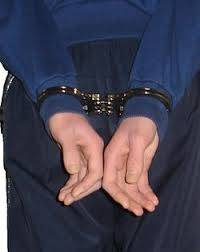New Jersey’s Criminal Coercion statute (N.J.S.A. 2C:13-5) is used to allege that you “purposely and unlawfully” restricted another’s freedom to engage or not engage in given conduct by threatening them in one of seven ways.
These includes threats of violence or bodily harm, threats to expose secrets about a person, threats to give or withhold testimony in a legal case the person is engaged in, threats to accuse someone of a crime, threats to cause or continue a labor action against a person’s business, or other conduct that is calculated to cause harm to the victim, whether or not it directly benefits you.
How Criminal Coercion Can Be Proven
These are complicated charges to prove, because even if your conduct fell into one of the seven categories, prosecutors still have to prove that your purpose was to restrict the victim’s freedom to engage or restrain from some conduct, and that your purpose or goal was unlawful.
An experienced New Jersey criminal defense attorney will often be able to successfully rebut the allegations of Criminal Coercion against you by providing reasonable explanations of conduct and intent.
Attorney Matthew Reisig has defended clients from Criminal Coercion and related charges throughout New Jersey, and can help you have the highest quality legal counsel available.
Call 732-625-9661 today for a free consultation with an experienced New Jersey Criminal Coercion lawyer.









